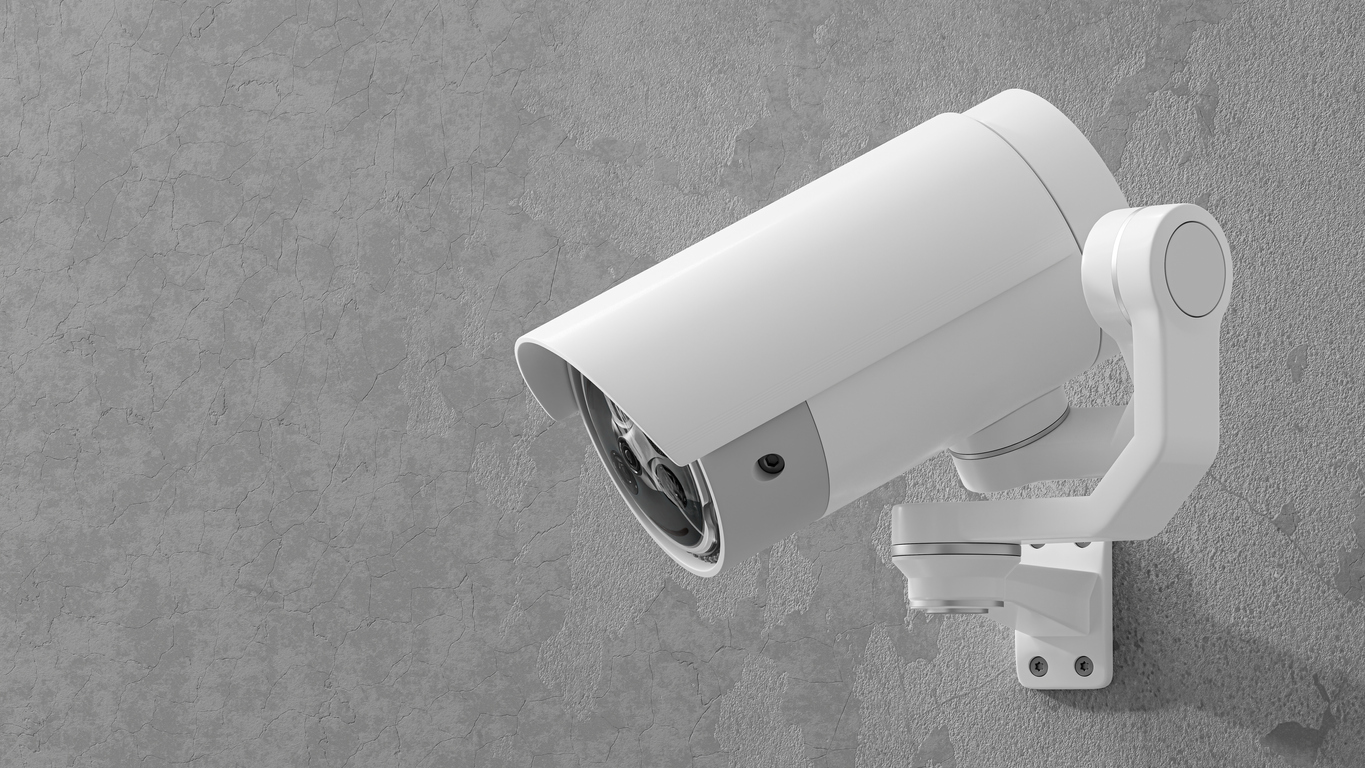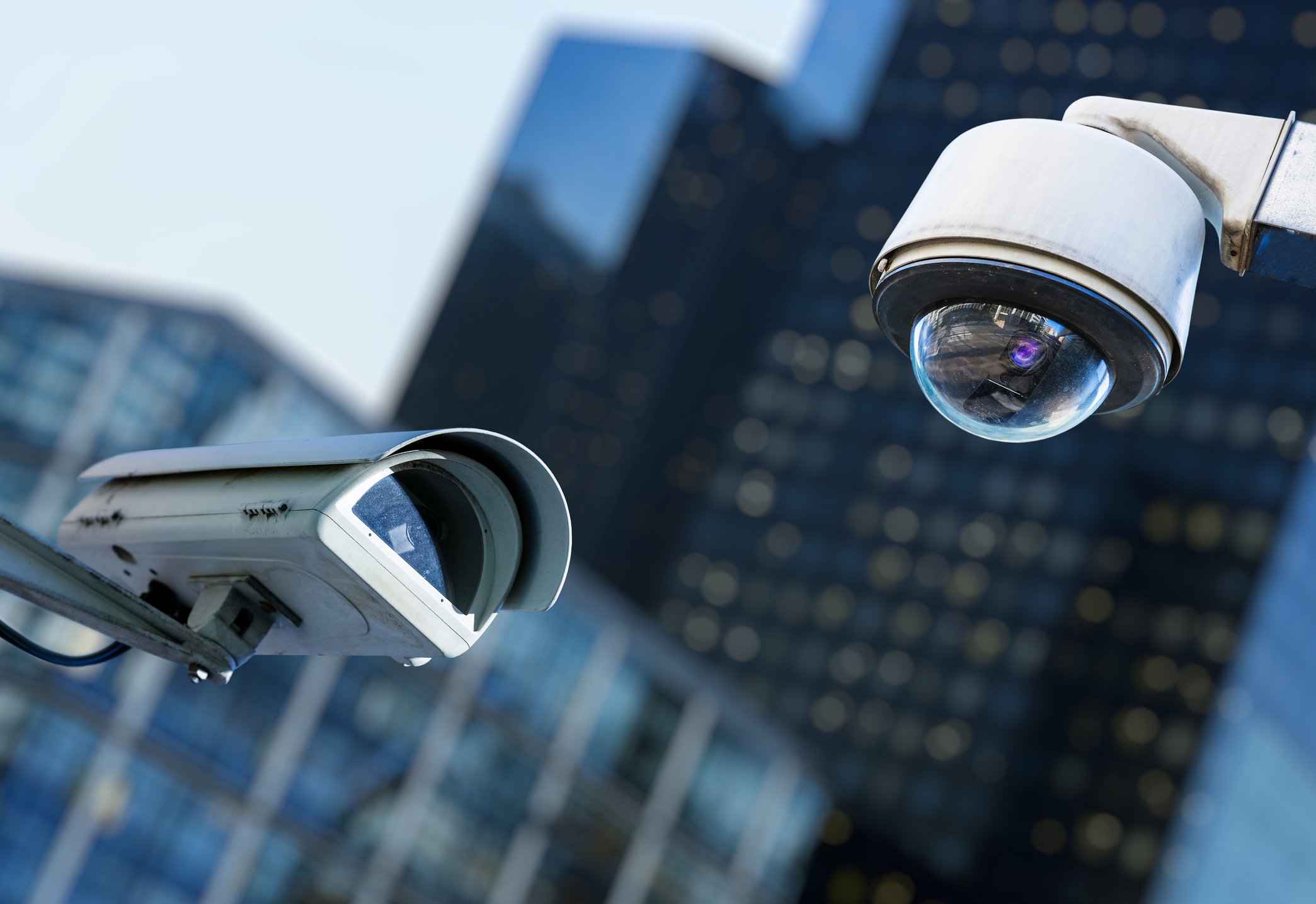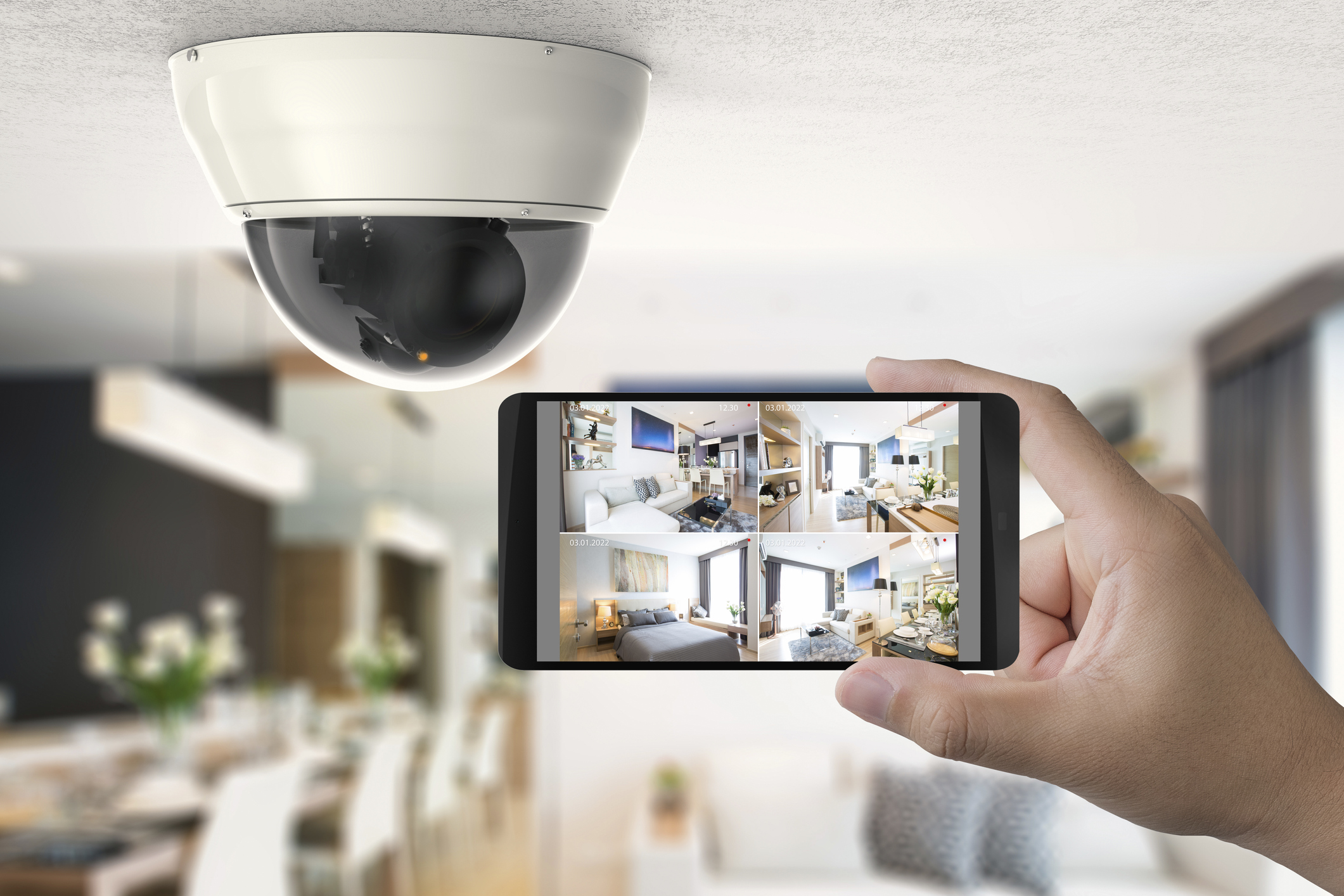
What Happens During Commercial CCTV Installation?
Commercial CCTV Installation Legislation
If you’re considering CCTV camera installation in your premises, you should familiarise yourself with the relevant laws.
As of November 2022, there are three primary pieces of legislation you need to consider:
- The Data Protection Act (DPA)
- The Surveillance Camera Code of Practice 2013 (SCCOP)
- The Protection of Freedoms Act 2021
In the UK, the government permits all businesses to use CCTV cameras on their premises. However, they come with various responsibilities.
If you decide to install cameras on your premises, you will need to:
- Put up a sign telling people that you use CCTV equipment and why (usually “to keep customers and staff safe”)
- Only keep images for as long as you need them
- Avoid distributing images, unless sharing them with the police
- Provide camera evidence for up to a calendar month of anyone you’ve recorded
- Pay the annual data protection fee, usually between £40 and £60 per year for small firms
CCTV Installation Process
First, professional CCTV installers, like ourselves at Britannia Fire & Security, come to your premises and perform an analysis. During this process, they determine where cameras will need to go to maximise your system’s effectiveness and what type of backup systems you require.
Next, they draw up plans and show you the equipment that needs to be installed to protect your property adequately. They will discuss factors like the best position to ensure optimal camera coverage.
With your permission, they will then begin installing all the components. Most modern systems have four main items: CCTV cameras, network video recorders, storage, and cabling.
CCTV cameras are self-explanatory, but the network video recorder might not be. These devices transmit camera information to a computer and record it on a hard drive. Storage is just traditional HDD or SSD hard drives and cabling is either Cat5E or Cat6 – whichever has enough capacity to transfer image data in real time.
The final part of the process is to integrate security cameras with your existing security systems. Installers, for instance, may connect them to other sensors, intruder alarms or access control panels.
Types of CCTV Cameras
Here are some examples of the types of CCTV cameras you can install:
- Multiple sensor cameras which can also detect sound and movement
- Doorbell cameras that are small enough to fit next to the doorbell (and usually connect via live feed to a device or computer on your premises)
- Fisheye cameras are even smaller and provide a wide-angle view of surroundings in all directions
- Turret cameras with motors that let them move, either autonomously or with the help of an operator
- Dome cameras which fit into the ceiling
- Bullet cameras that provide conventional views of interior and exterior spaces
Where Should CCTV Cameras be Placed in a Commercial Building?
If you own or operate in commercial premises, there are several places you should place commercial cameras.
Warehouses and storage areas
Generally speaking, it’s a good idea to add CCTV to your warehouses and store rooms, particularly if you keep valuable stock or hold sensitive business-critical documents. CCTV helps to discourage both internal and external threats.
Reception area
Most intruders will enter via your reception areas, so it helps to have cameras to catch them in the act. Cameras let you pick out suspicious individuals and track them.
Entrances and exits
It also makes sense to place cameras by entrances and exits. Anyone who goes in or out of your building will be seen, acting as a strong deterrent.
Car parks
Lastly, you might consider placing cameras in car parks. Again, visible CCTV acts as a strong deterrent.
Consider CCTV Monitoring
If you require CCTV monitoring services at your business, we can help. Britannia Fire & Security can track activity outside of regular office hours and prepare effective responses to intruders on your property. Get protection 365 days per year.




